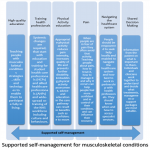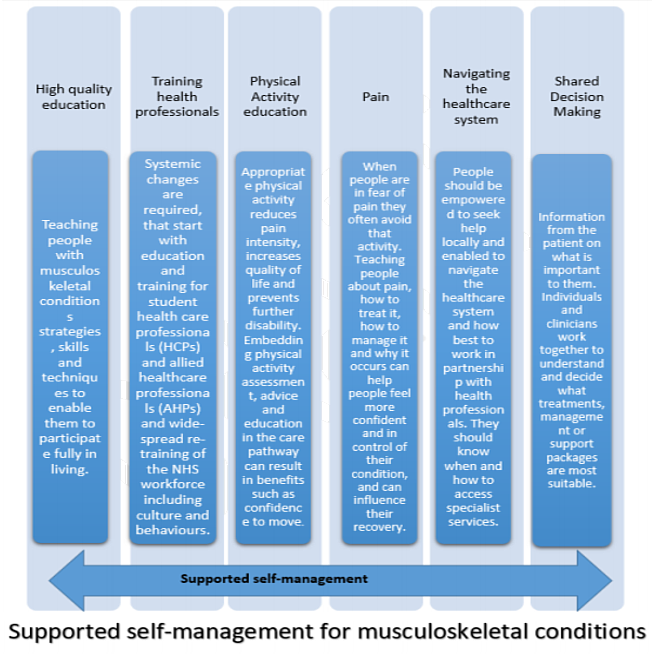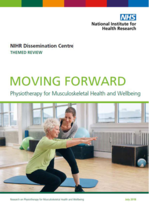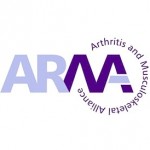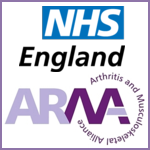 Sign up for the webinar rescheduled for 15 February 2019 at 12.30—1.30pm
Sign up for the webinar rescheduled for 15 February 2019 at 12.30—1.30pm
The rescheduled webinar on Friday 15 February 2019 describes the set-up of the Telford Musculoskeletal Service and some of the problems encountered along the way, with the solutions used.
The Service is a single-point of access for rheumatology, pain, physiotherapy, orthopaedics and musculoskeletal services in the NHS within Telford. The service is a prime vendor type model with Shropshire Community Trust holding the main contract and sub-contracting to other NHS and Private providers in the locality.…
Read more of this article


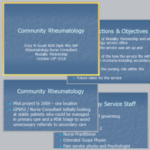
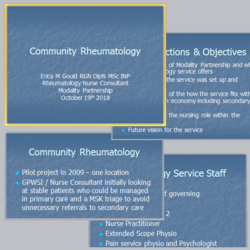 You can now see the video from our recent webinar in the Musculoskeletal Networks series:
You can now see the video from our recent webinar in the Musculoskeletal Networks series:
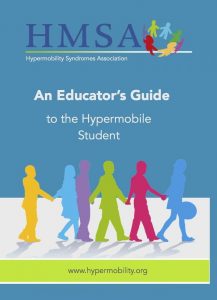

 Guest blog by Professor Anthony Woolf, Chair, ARMA
Guest blog by Professor Anthony Woolf, Chair, ARMA
 Arthritis Research UK has developed the educational package
Arthritis Research UK has developed the educational package 